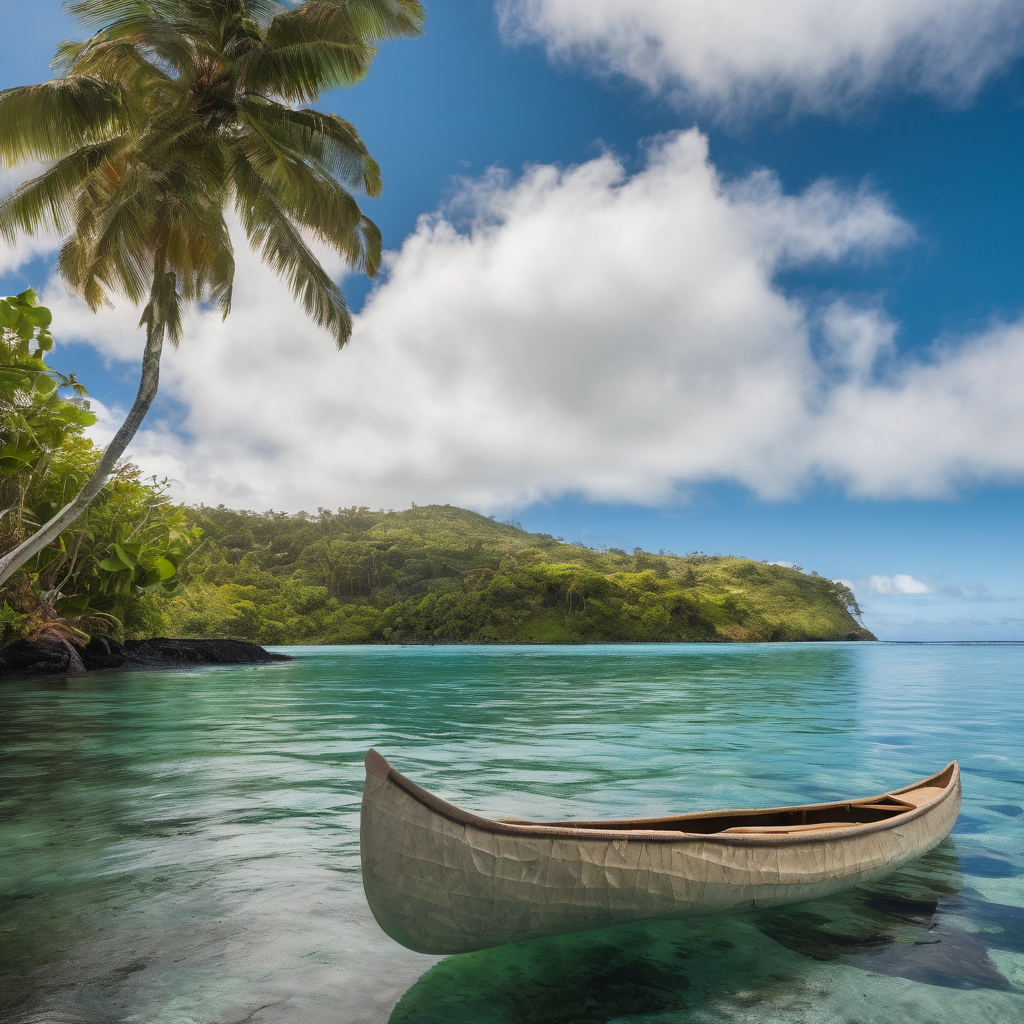As the global community prepares for the United Nations Climate Conference (COP30) set to take place in Belém, Brazil, Pacific Island nations are resolutely urging for immediate action to confront what they classify as a climate-induced crisis threatening their very existence. Dr. Satyendra Prasad, a Senior Fellow at the Carnegie Endowment for International Peace and former Ambassador of Fiji to the UN, articulated this urgent sentiment in his latest commentary titled “COP30 – Can the World Deliver a Consensus that Secures the Blue Pacific?”
During the recent Pacific Islands Forum Meeting, Pacific leaders made it clear they are seeking concrete action and robust implementation of climate-related programs rather than continued discussions that yield minimal results. Dr. Prasad emphasized that the region is currently grappling with an annual infrastructure deficit exceeding $1 billion. Essential services, including schools, healthcare facilities, and utilities across several nations such as the Solomon Islands, Papua New Guinea, Vanuatu, and Fiji desperately require immediate rehabilitation or relocation.
He pointed out the dire implications of the lack of funding and expertise, asserting, “The Pacific receives less than 1.5 percent of total climate finance” despite being the region most vulnerable to climate change. This inequity must be addressed swiftly to ensure the survival and development of the communities within the Blue Pacific. Vanuatu and the youth of the region have demonstrated commendable leadership, notably in securing an International Court of Justice advisory opinion on climate obligations of states, which is expected to energize negotiations at COP30.
Dr. Prasad warned that the world faces a perilous trajectory leading to a 3°C temperature rise—an outcome that would spell disaster for the Pacific, significantly harming coral reef systems essential for food security and tourism. He called for a “predictable” climate finance structure that would empower countries like Tonga, Palau, and Papua New Guinea with the necessary resources to cope with climate impacts over the next five years.
He further urged Brazil, as the host of COP30, to restore trust in the global climate negotiation process and praised leaders from Tonga, Papua New Guinea, and the Solomon Islands for their steadfast insistence that developed nations fulfill their climate financing commitments.
Dr. Prasad outlined a vision for COP31, which involves co-hosting with Australia, suggesting that it should serve as a pivotal moment for action. He proposed a comprehensive package prioritizing urgent climate-related initiatives, including a fully operational Loss and Damage Fund, a sustainable Pacific Regional Infrastructure Facility, defined climate finance allocations, and regional programs focused on ocean protection and biodiversity.
His vision was complemented by highlighting the concept of a “Blue Pacific Ocean of Peace” put forth by Prime Minister Sitiveni Rabuka, advocating for the integration of the ocean-climate nexus into global climate frameworks. Dr. Prasad concluded with a sense of hope, stating that COP30 and COP31 together represent “a rare and unique window of hope” for Pacific nations to secure their future.
As urgent calls for action align with a renewed commitment among Pacific leaders, there is optimism that this advocacy may catalyze significant global action to combat climate change and ultimately safeguard the vulnerable communities within the region.
